Food additive 171 (Titanium dioxide) is harmful to our gut and may cause cancer
The University of Sydney has released a new study about additive 171, titanium dioxide. Titanium Dioxide is an additive used to whiten and brighten food. Other applications include other personal products such as suncream and cosmetics. The US approved titanium dioxide in 1966. It is estimated that this additive is in over 900 food products on our supermarket shelves. Titanium dioxide is consumed in high proportion, everyday by the general population.
Titanium dioxide is consumed in high proportion, everyday by the general population.
What did the study find?
The study found that nano particles have been shown to interfere with the immune system and cause cell damage. This additive was found to impact the gut microbiota and could lead to inflammatory bowel diseases or colorectal cancer.
Nanoparticles have been shown to cause cell damage and impact gut microbiota. Leading to inflammatory bowel disease or colorectal cancer.
Are the results surprising?
Not to me.
Food labels do not tell us the whole story.
They do not give us enough information. When we look at Titanium Dioxide, we find that is derived from a mineral. Most people would accept that it is ok. Its from a natural source.
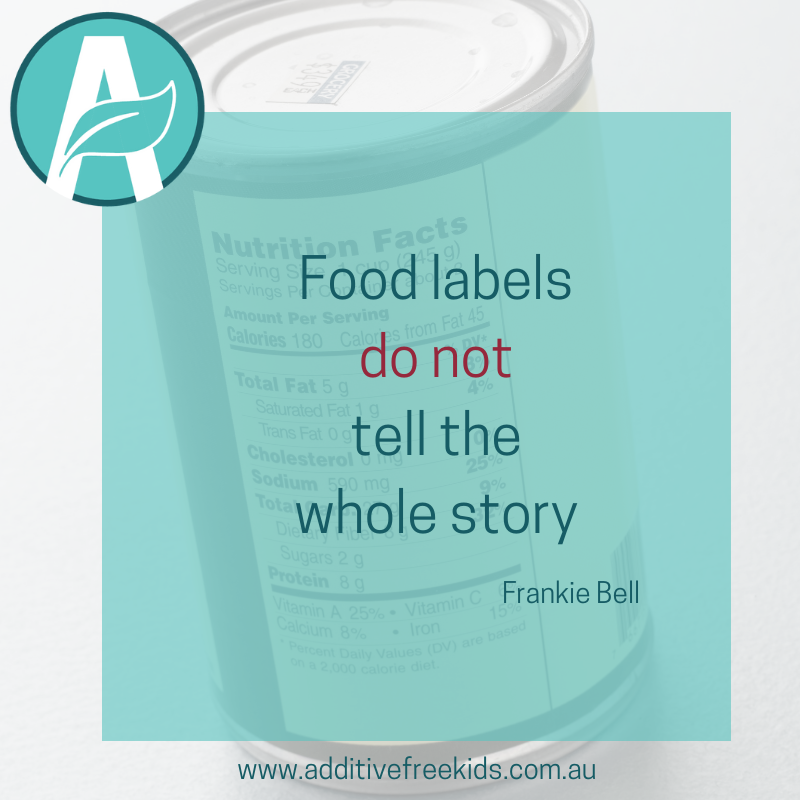
It depends. If it was a mineral that was used in its natural form, it could be ok. In the case of titanium dioxide, we see that it goes through significant processing. The mineral needs to be purified with a chloride process or a sulfate process first. Sulphuric acid is extremely corrosive. Chloride… we associate with chlorine and swimming pools. Ummmm…. Sounds like a science experiment to me.
Our food shouldn’t be adulterated in this way. Is it any surprise that our bodies aren’t happy? How is it supposed to recognise this as food?
Our food labels don’t have enough space to tell us what this ingredient actually is. After reviewing tens of thousands of products, every ingredient is different, even if it is labelled the same.
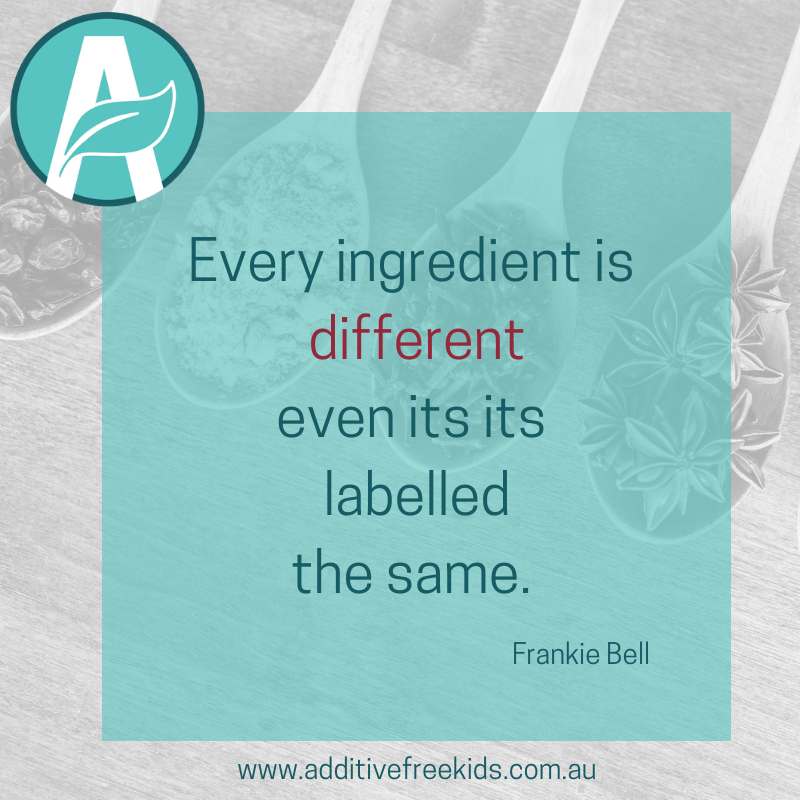
What was the aim of the study?
The aim of the research was to stimulate discussions on new standards and regulations. To ensure the safe use of nanoparticles in Australia and globally.
There are two points to this:
-
What are nanoparticles?
-
Is our regulator (FSANZ) doing enough to protect the health and wellbeing of this nation?
1. What are nanoparticles / nano technology?
FSANZ describes nanotechnology as a ‘range of technologies used to manipulate materials that are generally less than 100 nanometres (nm) in size in one dimension. One nm is one billionth of a metre.
Current scientific research suggests that exposure to some nanomaterials may result in harm to human health and the environment, via inhalation and skin contact.
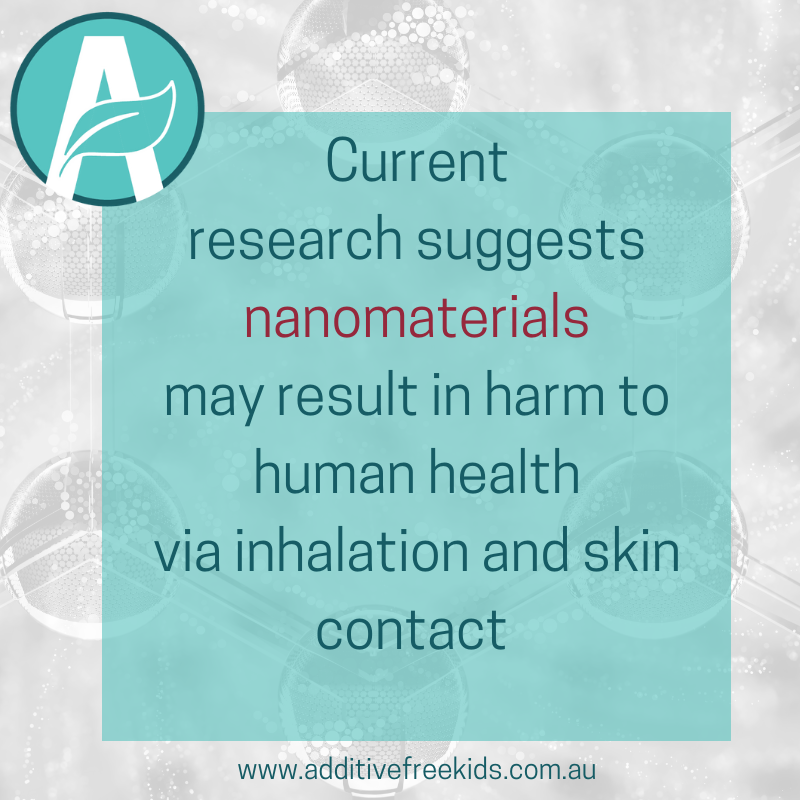
These nanoparticles can pass through cell membranes in organisms and may interact with biological systems. These nanoparticles may penetrate cells and tissues. They may move through the body, reach vital organs like brain and cause biochemical damage and even cancer.
2. Is our regulator Food Standards Australian New Zealand (FSANZ) doing enough to protect the health and wellbeing of this nation??
The aim of the University of Sydney’s study was to:
Let’s look at the timeline of emerging science on nanoparticles and FSANZs view along the way.
2015
FSANZ was alerted to the fact that nanoparticles were included in food. FSANZ denied that they were in the food supply as no company had applied for approval. At that point in time, FSANZ had not tested or regulated the use of nano particles.
FSANZ denied that nanoparticles were in the food supply as no company had applied for approval.
How tight are our regulatory controls, if these nanoparticles were in our food supply, but FSANZ had no knowledge of it?
Had FSANZ had failed in its role as regulator? FSANZ’s view was that there was no evidence to justify using resources to determine the presence of nanomaterials.
FSANZ’s view was that there was no evidence to justify using resources to determine the presence of nanomaterials
As a result of the findings, France commissioned an investigation to determine the consumer health risks. Food processors and retailers in France announced intentions of removing titanium dioxide.
2016
FSANZ published a review into titanium dioxide and the oral ingestion of it. They found that there was not strong evidence to support claims of significant health risks.
2017
FSANZ said it would review a French study on titanium dioxide. They reviewed it and determined that its design had a number of limitations, which restricted its relevance to humans. This was consistent with European Food Safety Authority’s (EFSA) position. They determined that further risk assessment was not warranted as this time.
2018
France suspends the use of 171 titanium dioxide by the end of 2018 after studies suggested it may cause cancer. France asks European Commission to take similar measures. The EFSA examined the four new French studies.
The panel considered that the 4 studies highlighted some concerns with uncertainties Their relevance for the risk assessment was considered limited and further research would be needed to decrease the level of uncertainties.
2019
The EFSA released a statement in early May 2019. The statement was based on the French Agency for Food, Environmental and Occupational Health and Safety (ANSES) published opinion.
EFSA concluded: “…that the ANSES opinion published in April 2019 does not identify an major new findings that would overrule the conclusions made in the previous two scientific opinions on the safety of titanium dioxide as a food additive issued by the EFSA ANS Panel in 2016 and 2018. “ The ANSES opinion highlights uncertainties and data gaps and recommended further investigation. EFSA considered that the recommendation should be revisited once the ongoing work on titanium dioxide (171) is completed.
Now we have the new Australian study.
Should all these uncertainties and data gaps be resolved PRIOR to letting this additive in our food supply?!
This is our health we are talking about!
We should be putting #healthbeforeprofits!
Do you think we should be gambling with our health?
Why do our regulators stick their heads in the sand? Are they under enormous pressure from the food industry?
It boils down to this…
The long term impact for titanium dioxide consumption is poorly understood. There is insufficient evidence about its safety. We know already that this additive is prohibited in the food for infants.
Perhaps we should take a precautionary approach.
We should avoid titanium dioxide in our food until the science is clear. Until the science demonstrates that it is safe and the long term studies support this.
FSANZ should require labelling of nanoparticles so that consumers can make an informed choice. Other countries around the world already do this.
Do you think we have a right to make that choice?
What is FSANZ’s position on the University of Sydney’s research paper?
I suAt the time of writing this….there has been….
…. silence…
I have emailed FSANZ requesting their official response. I expect it will be something like they have said in the past:
“FSANZ continues to monitor local and international research and commercialisation of manufactured nano particles as part of an intergovernmental task force on nanotechnology.
I also expect that they will follow the EFSA position for the time being. It will be interesting to see whether EFSA changes their opinion after the University of Sydney’s research has been reviewed.
UPDATE
FSANZ have released their report on their findings here. The University of Sydney is deciding whether they will reply formally to FSANZ’s report.
In the mean time, the University of Sydney has directed me to a number of other studies on the safety of nanoparticles that you may be interested in reading:
https://www.nature.com/articles/s41565-018-0356-z
https://www.nature.com/articles/ncomms2655
https://www.nature.com/articles/srep40373
https://www.nature.com/articles/nnano.2011.41
What should you do?
I recommend that you look behind the scenes and consider the motives and interests at play behind the organisations. Is there significant financial gain or pressure from industry to hold their line? What is the University’s motive and interest? To ensure the safe use of nano particles in Australia? To stimulate discussions on new standards and regulations?
You need to weigh this up for yourself and determine where you put your trust. Your health is your responsibility. I would love to hear, will you be avoiding 171?
What can you do?
1. Look out for products that contain 171, titanium dioxide.
Typical products that have this ingredient are:
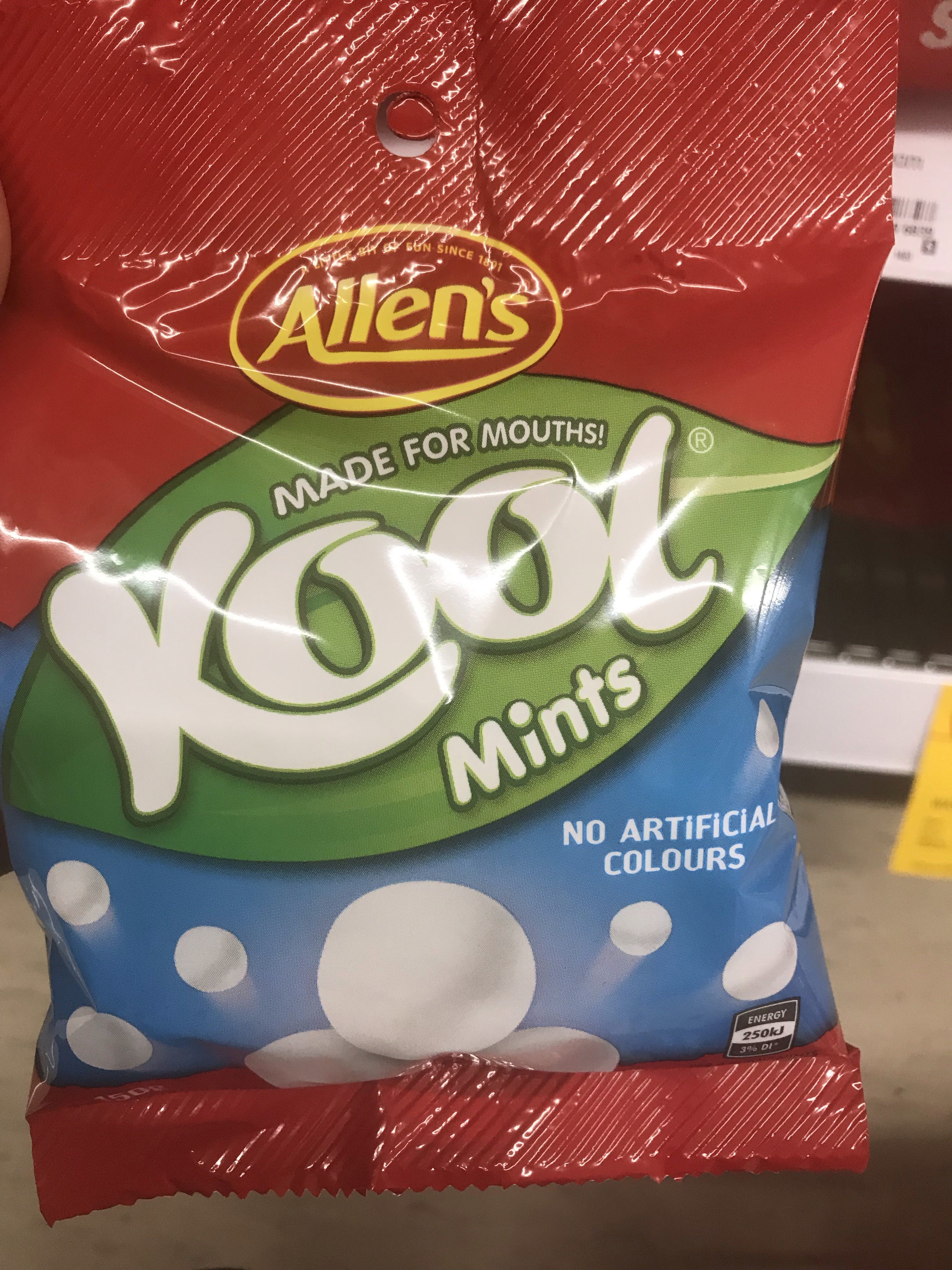
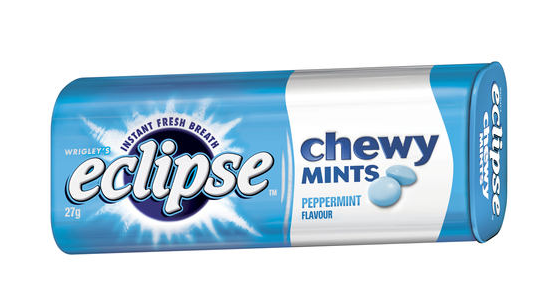
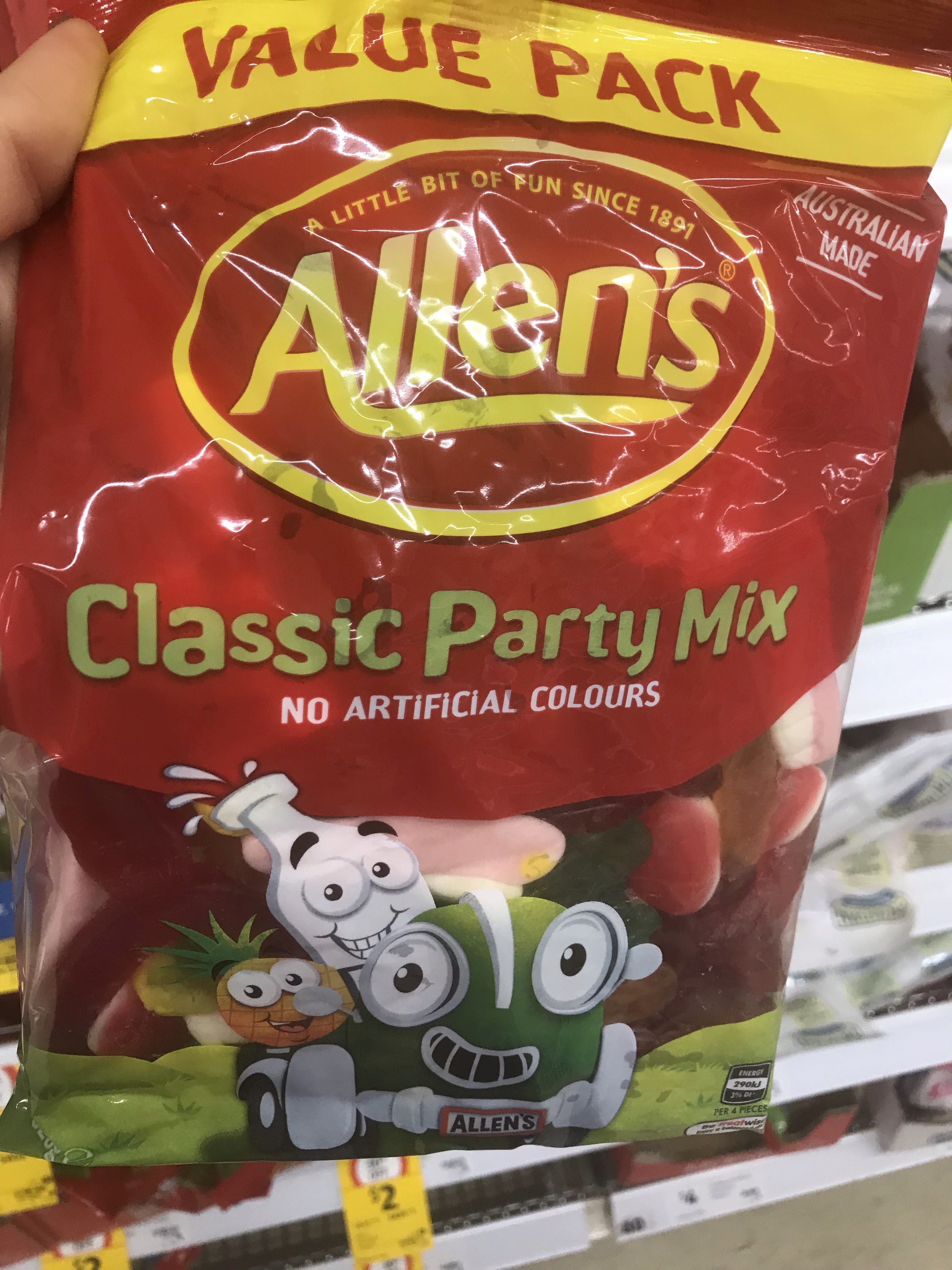
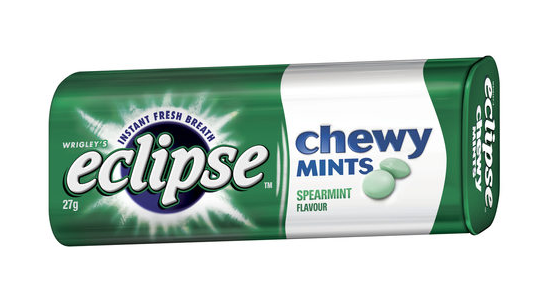
Mints, Chewing Gum and Confectionery: examples include Eclipse chewy mints. Allens’ cool mints
At this stage I don’t have any recommendations that are additive free. I used to be a BIG consumer of mints and chewing gum. Until I found out what the ingredients were.
Chocolate M&M’s
We have talked about chocolates a lot over Easter. I recommend choosing plain chocolate, as opposed to coloured. Check out my Easter blogs for more info on chocolate suggestions.
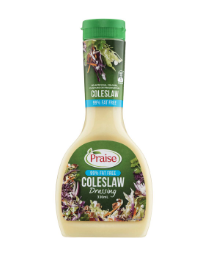
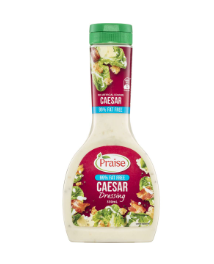
Praise Salad dressings: examples: coleslaw, caesar
Salad dressings are a minefield for additives. Make your own, super easy! Let me know if you need me to share some recipes.
Cake decorating supplies: including Hoppers Pearls, Dollar Sweets chocolate minis jar, ready to roll icing
Move away from these…they all contain plenty of additives. Opt for natural alternatives instead. (UPDATE: See comments below regarding Hoppers Pearls).
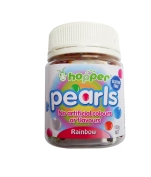
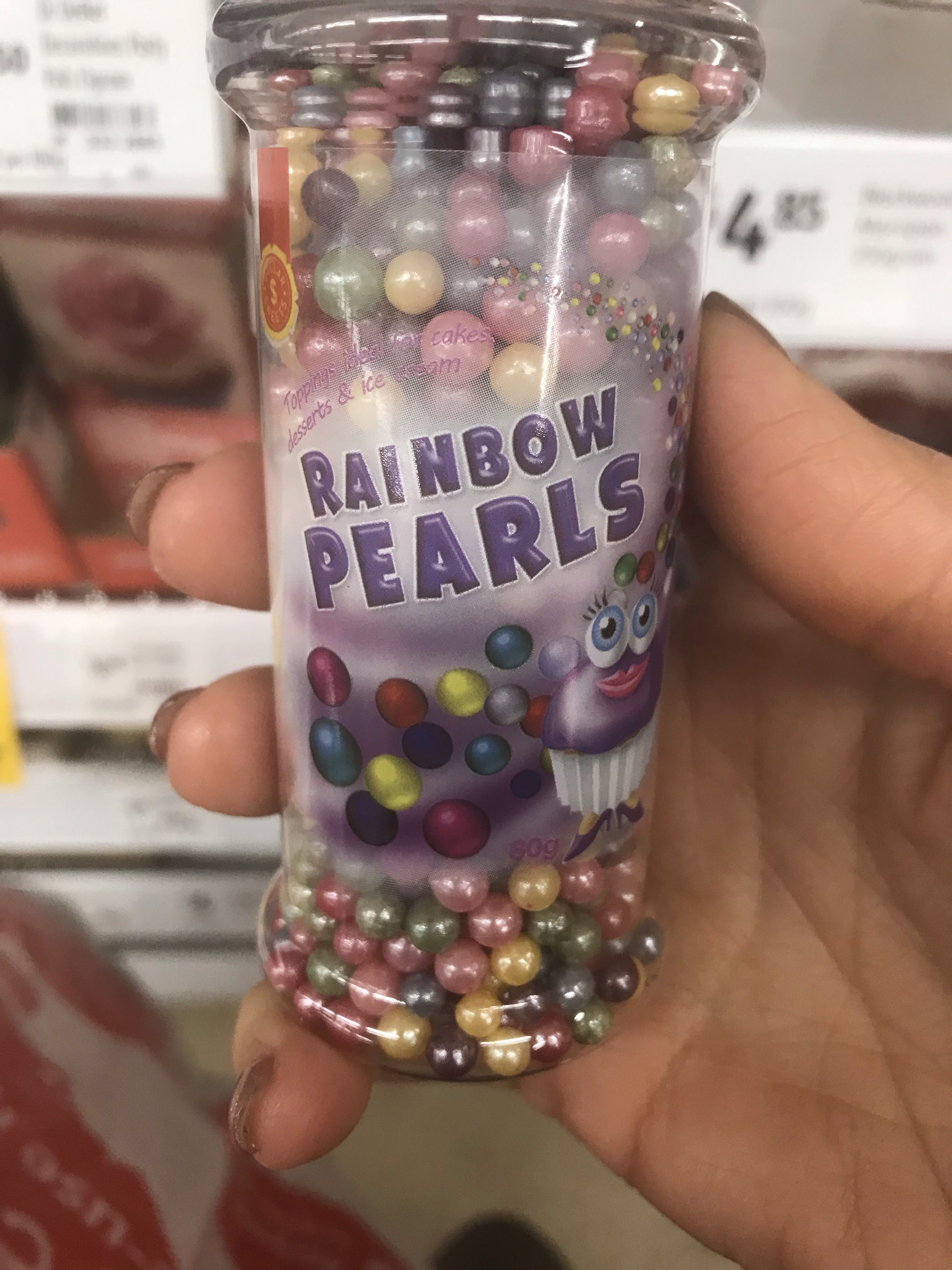
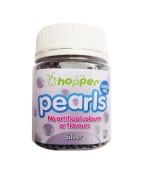
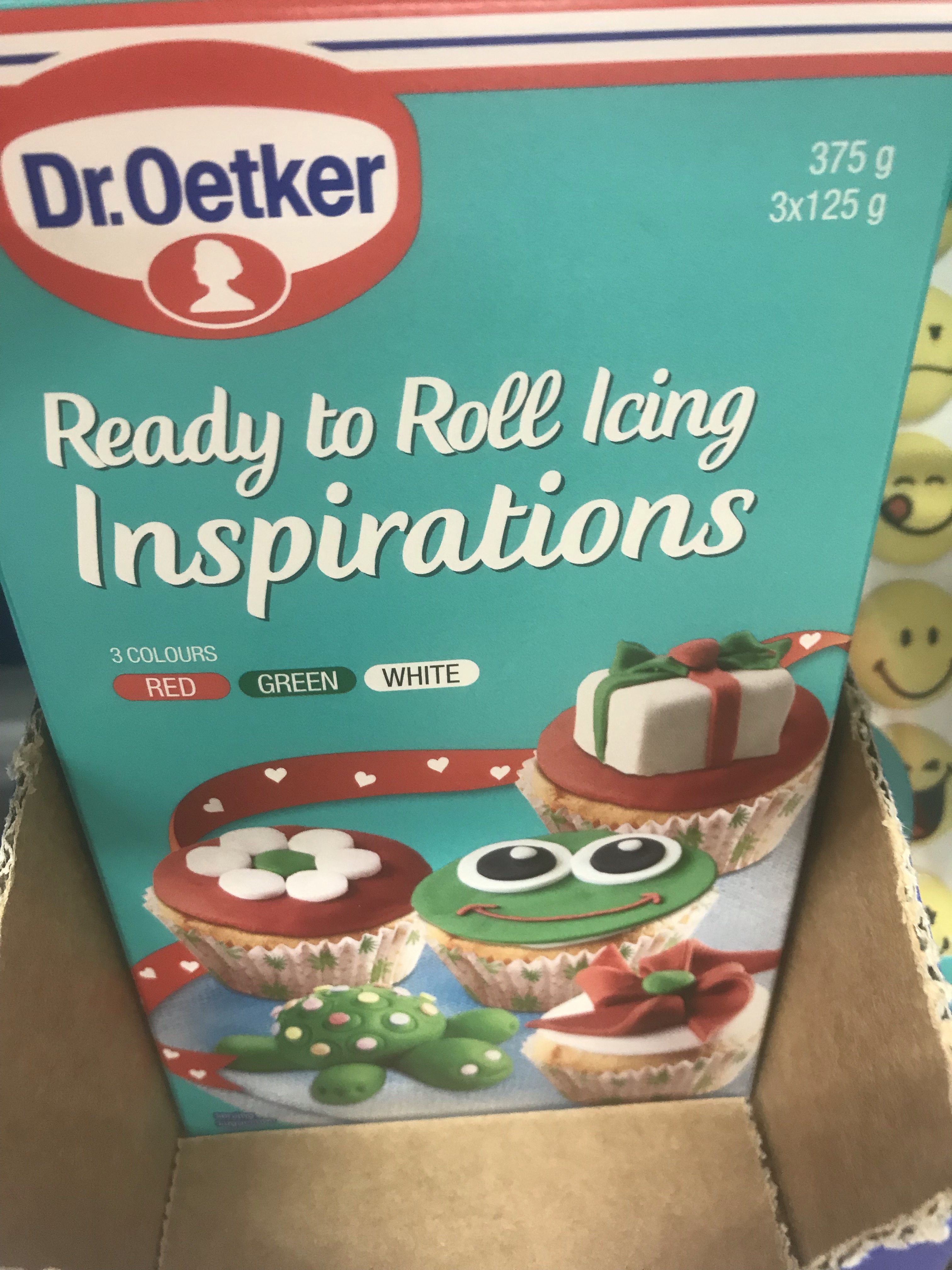
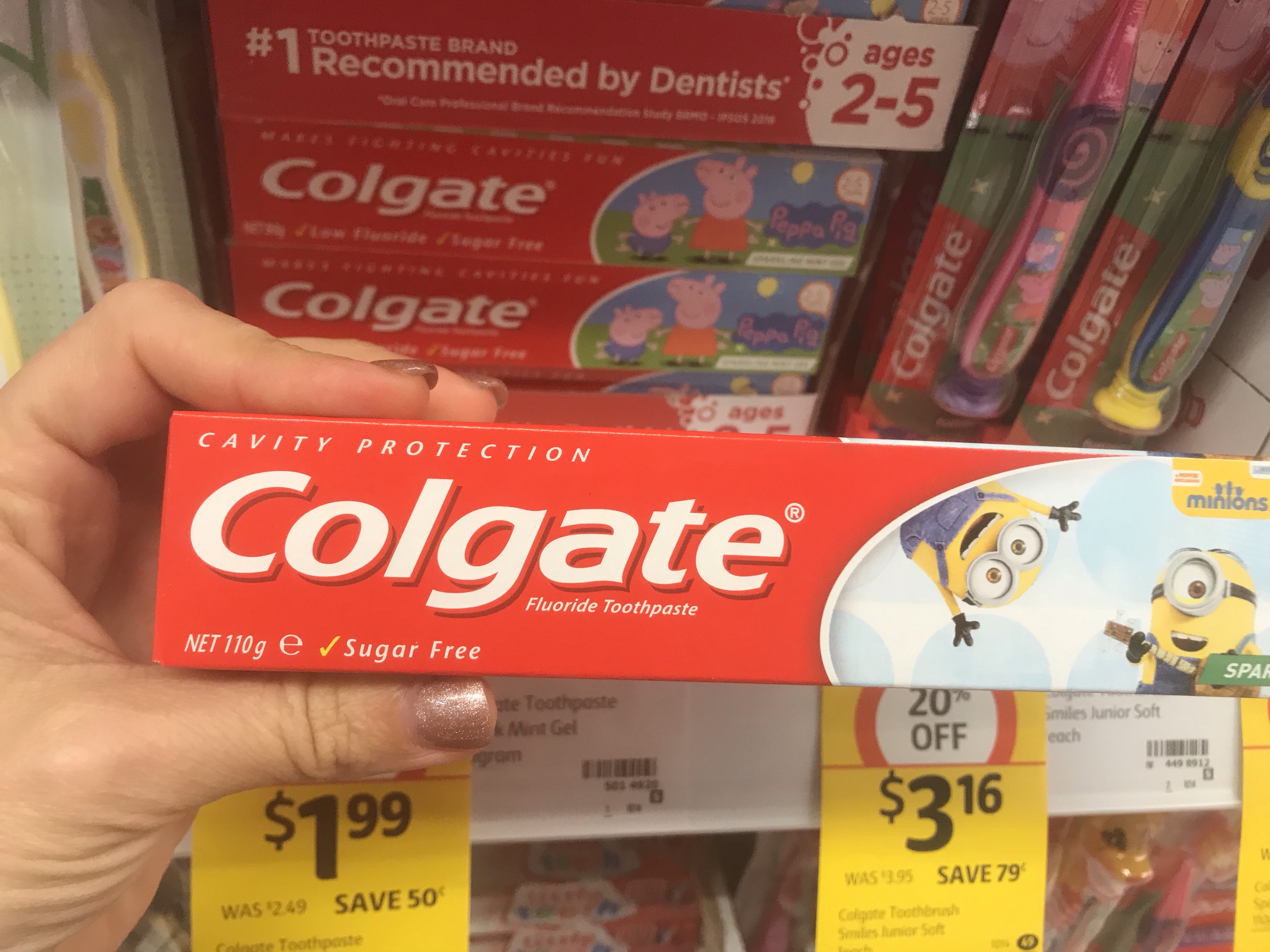
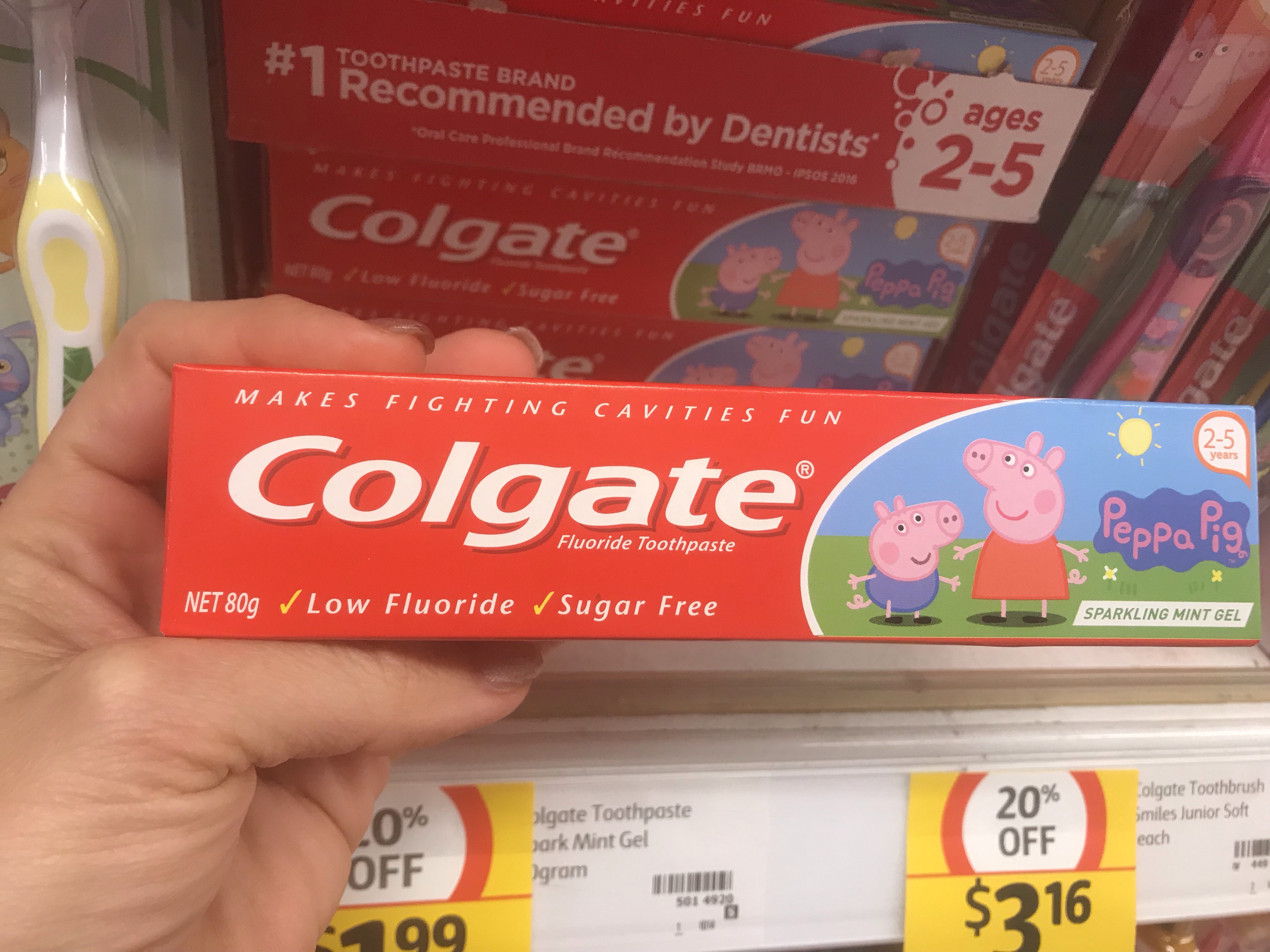

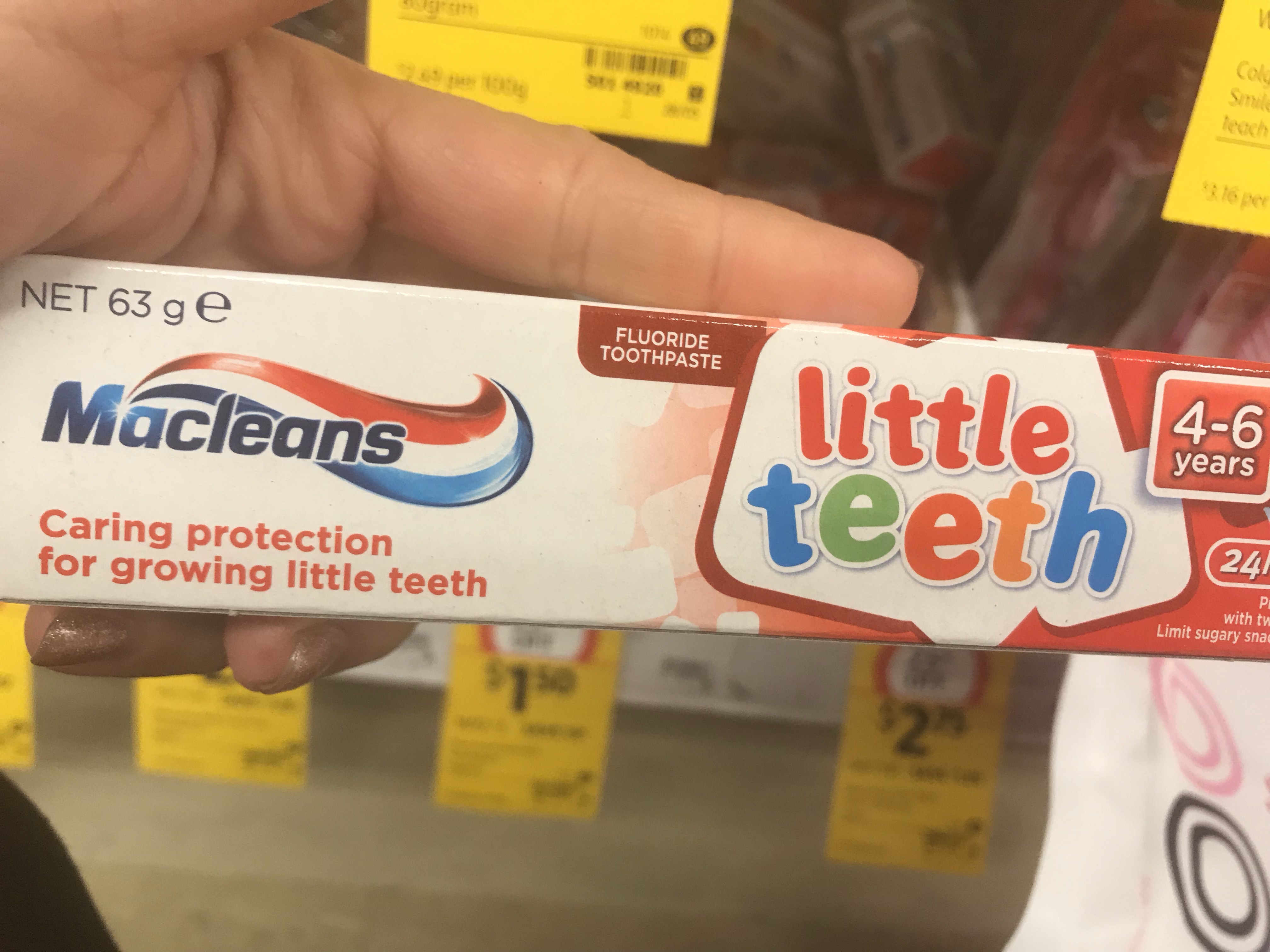
Toothpaste: Colgate Peppa Pig Kids toothpaste and plenty of others
I am still struggling to find a toothpaste that I can recommend.
Your best bet will be looking in your local health food store.
They will have better alternatives than those at the supermarket.
PS This Milk teeth toothpaste is targeted towards infants!!
We know that 171 Titanium dioxide is prohibited in the food for infants?
But its ok in toothpaste for infants?
We all know little kids swallow toothpaste!
How much regulation do we have protecting our kids?
1112. If you find products with 171 in it, please email me. Let’s get a register together of products that contain 171.
Let’s vote with our dollar and vote for companies that are putting our health before profits.
UPDATE:
I have been contacted by Jenny from Hoppers. Jenny has advised that the Titanium Dioxide (E171) that is used in the Hoppers brand doesn’t contain nano particles. Unfortunately we are unable to verify if this is the case. The manufacturer that Hoppers use won’t be disclosed to us due to intellectual property concerns. I have offered to sign a confidentiality deed regarding the manufacturer details so that I can provide the community with the assurance that I have reviewed this on their behalf. The offer was declined.
I have also spoken with an Associate Professor from the University of Sydney that confirmed ALL Titanium Dioxide (E17) approved for use in Australia, contains nano particles. The use of titanium dioxide is pointless if it doesn’t contain nano particles. It doesn’t give the product the desired effect. I have explained to the Associate Professor that Hoppers believes their E171 is nano particle free. The University are happy to test the Titanium dioxide (E171) Hoppers use to determine if it contains nano particles or not.
I will provide the AFK community with a further update when more information comes to light. In the mean time, I recommend that you continue to avoid the additive Titanium Dioxide (E171) unless you have confirmed from the manufacturer’s supplier that the titanium dioxide is in fact nano particle free.
FURTHER UPDATE (JULY 19)
Despite numerous attempts to contact Jenny from Hoppers via email, social media etc I have been met with silence. I haven’t been advised as to whether the 171 was tested or not. I will leave you to decide what this means for you.
3. Educate yourself about additives.
a. Download our useful guides from the website.
“Additives to avoid” guide
“How to get started” guide.
b. Come and join the Additive Free Kids community.
Receive additive free support direct to your inbox.
c. Check out the Additive Free Advocates Membership.
You will find a database of products that have been screened on your behalf by me (and so much more).
d. Seek help if you are still feeling overwhelmed
If you want to get out of the overwhelm. If you want to transition quickly. If you want to take advantage of my ten years of learning all about additives, I can coach you through the transition.
It is time we take responsibility for our family’s health. Don’t wait for the science to catch up.
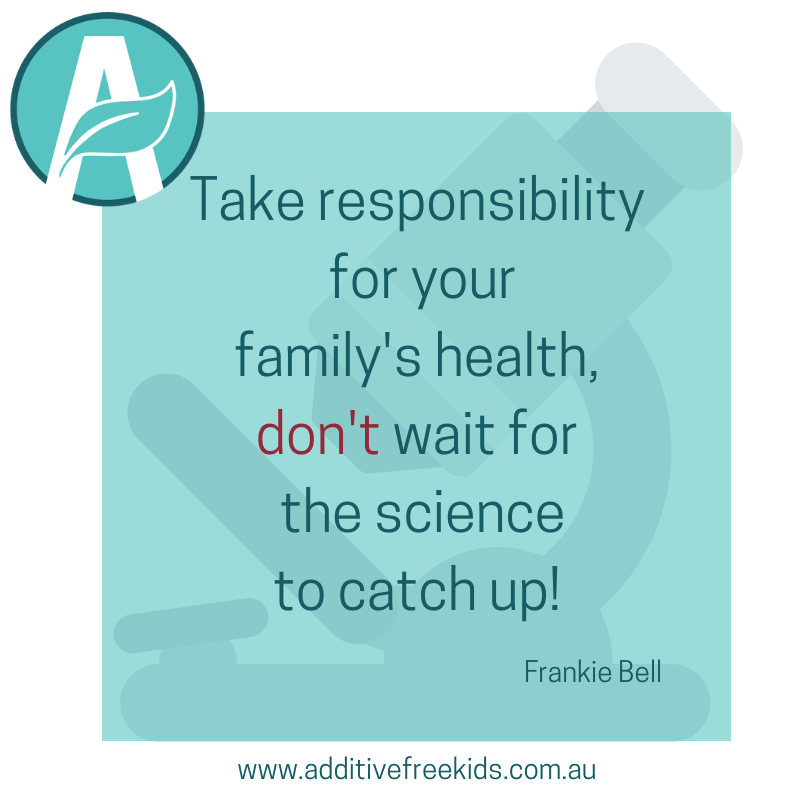

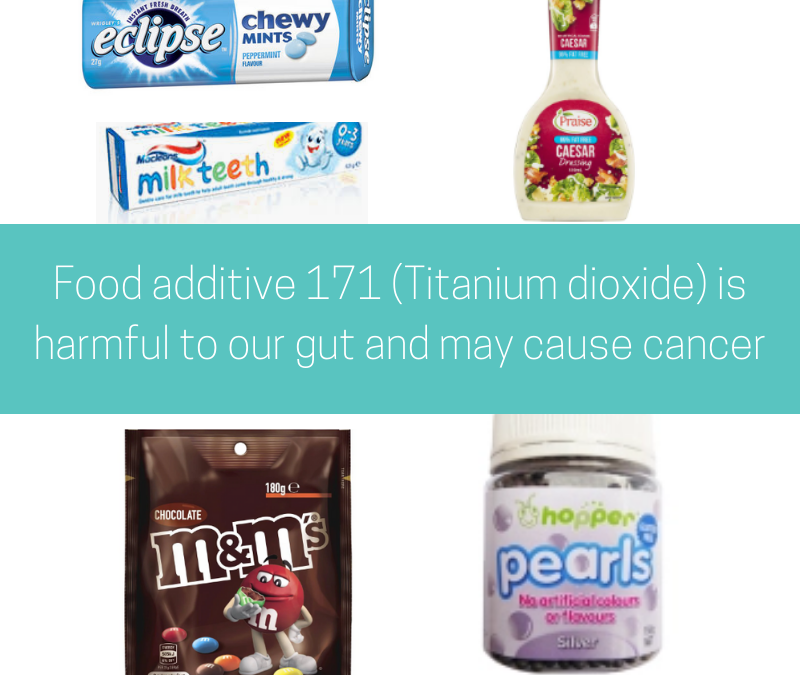
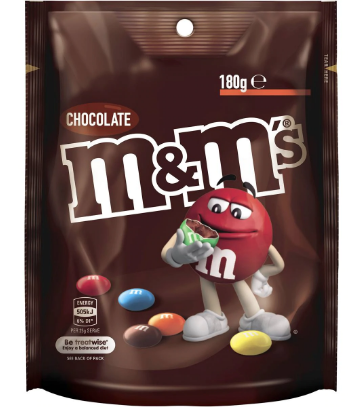
 My passion and mission is to work with families to reduce the overwhelm when going additive free. Moving to additive free living can bring back peace, calm and joy to families. I know it's possible and I've experienced it first hand with my 5 boys.
My passion and mission is to work with families to reduce the overwhelm when going additive free. Moving to additive free living can bring back peace, calm and joy to families. I know it's possible and I've experienced it first hand with my 5 boys.

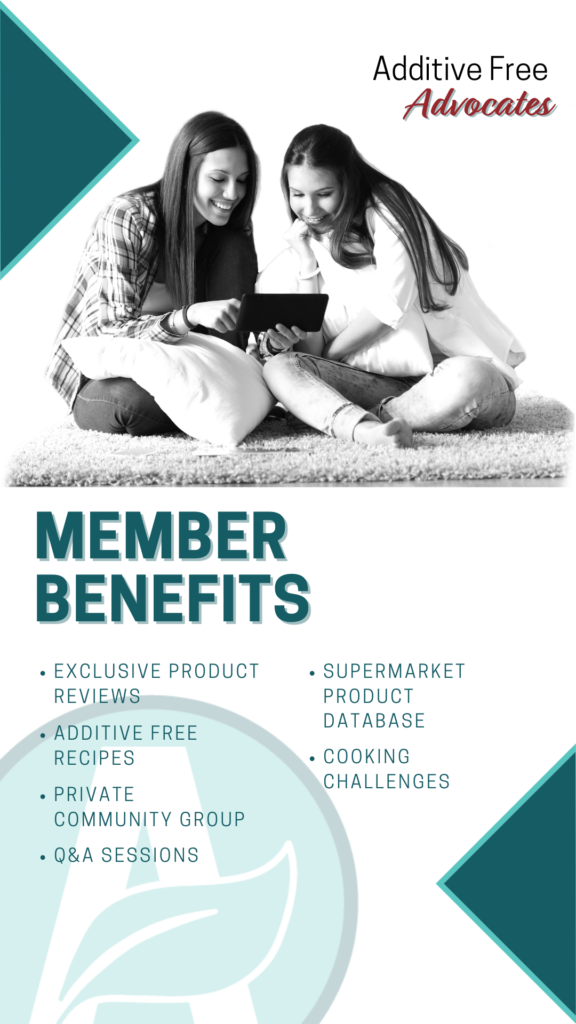


If there is ANY doubt about these additives, a law should be made to simply BAN THEM ! If I’ve said it once, I’ll say it again – BAN THEM !
I would love to see them banned! Unfortunately, I don’t see this happening any time soon!
Hi Frankie, my boys are now young adults, and I was very active in the education of additives in my local area, and I was rarely welcome. Today’s society questions, the behaviour of our children, yet we have known for so long now the facts about additives . I’m worried, I’m worried that we are too easily NOT thinking that when we dig up our food in the bush or in the garden we don’t stumble across titanium oxide or preservative, 282, or any other toxic known additive that can affect health and behaviour. In such a severe way when there ARE safe alternatives. It is appalling that we have double standards regarding the baby products, one could only view the situation as stupid. If we don’t act with you together and loudly NOW we are going to have a generation of grandchildren, unable to provide themselves with the necessary . safe foods to be well. I only arrived at your website because I stumbled across this ingredient as I was looking for instructions on some blotting powder that I just bought to add to my cosmetics collection. I was absolutely shocked to read that in the state of California the ingredient I just put on my face and dusted with a big brush everywhere should have been carefully blotted only has been known to cause cancer, and I had to do a triple take to really absorb the reality that despite this information, the ingredient is in the cosmetics that I purchased. I’m not a grandma yet but I want to know that when I do become one, my children and my grandchildren are informed enough to be able to at least make healthy choices. It’s wrong if capitalism rains over and above health and safety and it’s wrong that there are loopholes like the unlisted due to the 5% rule, and all other loopholes that will always be used if they can be in unethical consumer products in order to shade the truth . I would love to help educate in anyway I can effectively.
Don’t we use titanium dioxide in sunscreens? Great article thanks 🤩
Yes. Thanks for your comment.
Jila mints by ferndale confectionary contains colour 171.